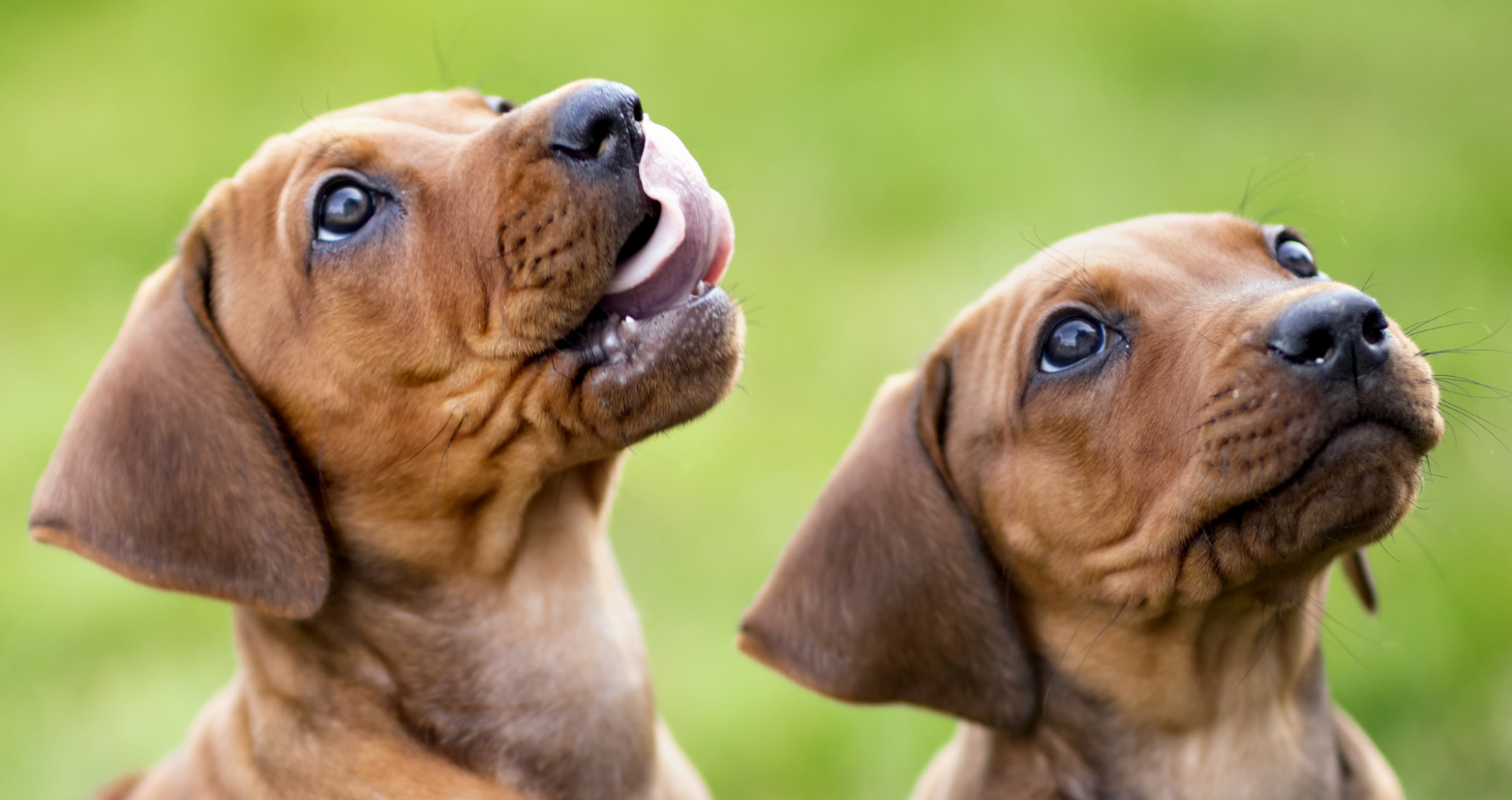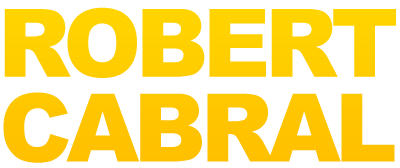Cecilia, I had a similar problem with my last golden. One of the things I noticed with him is that it typically was a frustration / feeling overwhelmed behavior. He was extremely mouthy as an adolescent, but by 9-months he knew that was frowned upon. He really wanted to be a “good” boy, but when he started feeling pressure during training (asking for a bit more than he could easily do), his mouthy “alligator” side would come out. He would then redirect that energy into pulling the grass. As Walid said, this can then become a self-reinforcing behavior. So how to address it?
1) Take a look at your training. Are you asking too much too fast? Are there more corrections than rewards? These can increase the pressure that the dog feels. In general, I like to keep about an 80 / 20 ratio between rewards and corrections (90 / 10 is even better!). If I have to correct the dog more than that, I am probably moving too fast. A little pressure during training is a good thing – it keeps the dog moving forward – but too much is not.
2) Movement is your friend! It lets the dog expend that built-up energy that he doesn’t know how to appropriately control yet. I wouldn’t use fetch for this, since it disconnects the dog from you. Instead, I might try a game of “Catch me if you can!” with the dog chasing YOU rather than the other way around. Run away from him, call him if necessary, and then give a huge reward / praise when he catches you. Then turn and run again. Make it a great, exciting game that has great pay-back for him. This will also make recall training go much easier. I also love to use tug. For my golden, this gave him a different and appropriate route to redirect that “alligator” behavior. (I also love tug as a great way to reinforce basic obedience commands in a fun, game oriented approach. And by its very nature, tug is an interactive game that the dog can only play with your participation.) Robert has some good videos on teaching tug. This was probably my most useful tool with my golden. I would watch him carefully, and if I saw him starting to get tense or frantic, I would give him a simple command that I knew he could obey, such as Sit. Then I would immediately pull out his tug toy and start a rousing game of tug as his reward. Then I would start throwing in some sits and downs to gradually get him back to focusing on obedience in a fun way. Once I could see that the frantic energy that had been building up during training was dissipating, I’d put the tug toy away and return to our training for a bit. Tug for him was far more exciting than grass pulling. As he matured, the grass pulling subsided as he became better able to cope with frustration and pressure.
3) As Walid said, work with him on a long line and train a solid “Leave It” command. (“Leave it” is another command I use during tug games. I first train “Leave it” in a more traditional static setting until I know the dog understands the meaning. I then play tug for a bit before telling the dog to “Sit.” I hold the tug in front of the dog and tell him “Leave It.” At first this might just be for a couple of seconds, and then I tell him “Get It!” in an excited tone of voice. I start increasing the difficulty both in length and by teasing him with the toy before letting him “Get It!” All of my dogs have adored this game, and they develop so much self control. I don’t do any harsh corrections for breaking – I keep it more light-hearted as a game rather than strict obedience – but I don’t let the dog have the tug until he is able to control himself.)
Good luck! Let us know how it goes.


